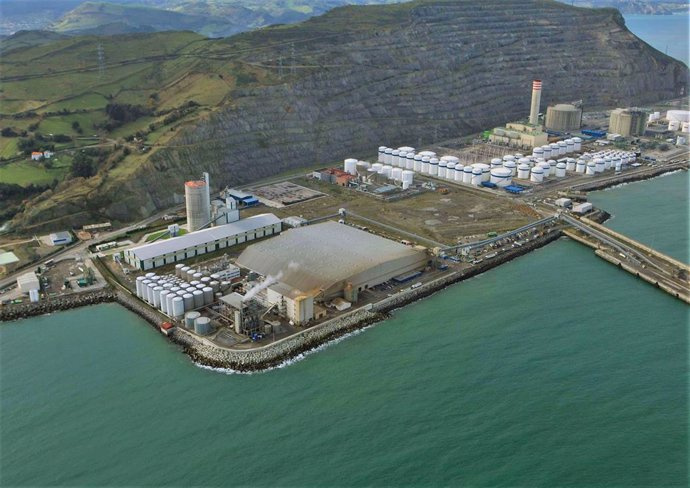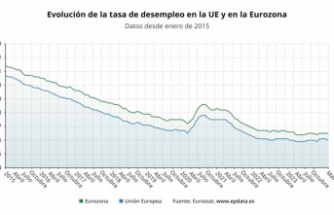MADRID, 26 Mar. (EUROPA PRESS) -
Repsol has acquired 40% of three industrial facilities that are part of Bunge Ibérica, one of Bunge's subsidiaries in the Iberian Peninsula, for a total amount of 300 million dollars (276.5 million euros) and up to 40 million additional dollars (36.9 million euros) in contingent payments.
The agreement, subject to customary closing conditions, including regulatory approvals, includes three plants operated by Bunge dedicated to the production of oils and biofuels in Bilbao, Barcelona and Cartagena, close to Repsol industrial complexes, as reported by both companies this week. Tuesday in a press release.
Through this strategic agreement, Repsol increases its access to the raw materials necessary to achieve its goal of producing up to 1.7 million tons of renewable fuels in 2027, while increasing its access to a "broad portfolio of low-intensity raw materials to produce renewable fuels, which provide an immediate route to accelerate the reduction of emissions from transport, including cars, trucks, planes and ships.
For this reason, Repsol and Bunge have agreed to collaborate in the development of new opportunities that help satisfy the growing demand for raw materials with lower carbon intensity to produce renewable fuels.
This alliance, the first of its kind in Europe, will help accelerate the production increase required by the European Union (EU) of these fuels, while Bunge will continue to be a key producer and supplier of protein meals, vegetable oils, oilseeds and cereals in Spain.
Thus, Repsol is carrying out the commissioning of its advanced biofuels plant of 250,000 tons per year in Cartagena, which is the first on the Iberian Peninsula, while highlighting that it is transforming another unit in its industrial complex of Puertollano (Ciudad Real) with the capacity to produce 200,000 tons of renewable fuel annually.
Both companies plan to explore other areas of cooperation and project development to increase the potential availability of non-food oils and fats for the renewable fuel market.













